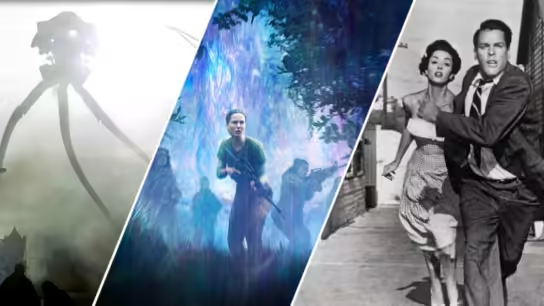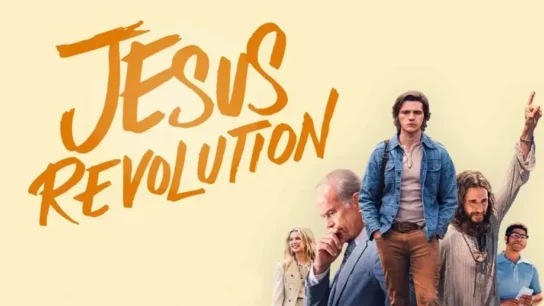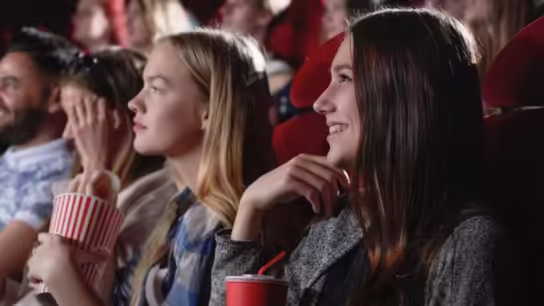In the annals of cinema history, the year 1939 stands as a beacon of excellence, innovation, and cultural impact. Often referred to as the “Golden Year of Hollywood,” 1939 witnessed the release of a remarkable array of films that have since become classics, setting a standard that continues to influence filmmakers and audiences alike to this day.
Historical Context
The late 1930s marked a period of significant change in the film industry. The transition to sound had been completed, and Hollywood was in the midst of its Golden Age, producing films that captivated audiences with their storytelling, technical prowess, and star power. Against this backdrop, 1939 emerged as a pivotal year that showcased the full potential of cinema as an art form.
Iconic Films of 1939
- Gone with the Wind
Directed by Victor Fleming, this epic historical romance based on Margaret Mitchell’s novel became an instant classic. Starring Vivien Leigh as Scarlett O’Hara and Clark Gable as Rhett Butler, “Gone with the Wind” not only captured the imagination of audiences with its sweeping narrative but also broke numerous box office records and won multiple Academy Awards. - The Wizard of Oz
Directed by Victor Fleming (who also directed parts of “Gone with the Wind”), “The Wizard of Oz” remains a beloved musical fantasy film. Judy Garland’s portrayal of Dorothy Gale and the film’s iconic songs, including “Over the Rainbow,” have solidified its place in cinematic history. - Mr. Smith Goes to Washington
Directed by Frank Capra and starring James Stewart, this political comedy-drama resonated strongly with audiences for its idealistic depiction of American democracy. The film received critical acclaim and reaffirmed Stewart’s status as a leading actor of his generation. - Stagecoach
Directed by John Ford and featuring John Wayne in a breakthrough role, “Stagecoach” revitalized the Western genre with its breathtaking cinematography and intense storytelling. It is often cited as one of the greatest Western films ever made. - Ninotchka
Directed by Ernst Lubitsch and starring Greta Garbo, “Ninotchka” is a sophisticated comedy that blends romance with political satire. Garbo’s performance as a Soviet envoy who falls in love in Paris showcased her versatility as an actress.
Cultural Impact and Legacy
Beyond their individual achievements, the films of 1939 collectively transformed the cinematic landscape. They set new standards for storytelling, technical innovation, and thematic depth, influencing subsequent generations of filmmakers. The success of these films also highlighted Hollywood’s ability to resonate with audiences worldwide, cementing its reputation as the epicenter of global cinema.
Conclusion
The year 1939 remains a high watermark in the history of cinema, a testament to the creative power of filmmakers during Hollywood’s Golden Age. From sweeping epics to intimate dramas, the films of 1939 continue to captivate audiences with their timeless appeal and enduring legacy. As we celebrate their achievements, we recognize their lasting impact on the art of filmmaking and their ability to transcend generations, ensuring that their magic endures for years to come.





